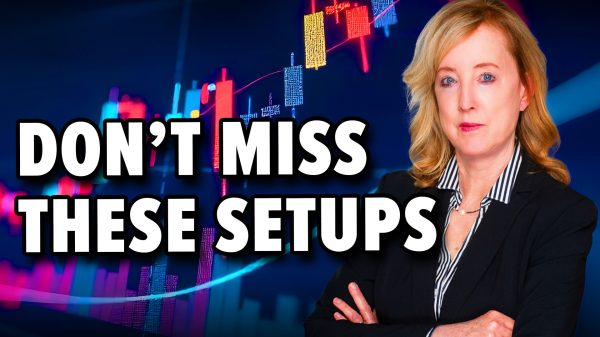First Republic Bank (NYSE: FRC) stock collapsed by more than 40% on Tuesday as the company delivered weak financial results. The shares plunged to a low of $8.10, ~94% below the highest point this year and ~96% below its all-time high. There are high chances that the company will go out of business soon.
FRC chart by TradingView
First Republic Bank strategic alternatives
The biggest banking news this week was the weak financial results by First Republic Bank. In a statement on Monday, the company said that deposits declined by more than $100 billion in the first quarter. This decline happened as customers reacted to the implosion of SVB and Signature Bank.
First Republic was vulnerable because of the constituent of its customer base. Unlike many American banks, the company focuses on wealthy customers who have over $250k in their accounts. These funds are not FDIC insured. As a result, while American authorities have saved SVB and Signature Bank depositors, it is unclear whether they will do so for FRC.
Complicating the situation is the fact that FRC serves wealthy customers, which might be unpopular as the US moves to an election season. Also, FRC has struggled to find buyers for parts of the business since acquires are concerned about taking too much risk.
First Republic Bank has said that it is seeking strategic alternatives. According to FT, the company was struggling to come up with a viable alternative. One alternative is to have big banks, which have already deposited billions in the company take over. The other alternative is to hand it to the FDIC, which will carry out an auction for the company.
Watch here: https://www.youtube.com/embed/8z2MxFMHx2w?feature=oembedLessons from Yes Bank, Credit Suisse
FRC investors and policymakers should draw lessons from Yes Bank and Credit Suisse. In 2020, Yes Bank, a small Indian bank came near collapse as the company lacked liquidity amid toxic loans to questionable companies.
The Reserve Bank of India handled the situation by letting big Indian banks like SBI, ICICI, and HDFC take a stake in the bank. These banks made an investment that had a lock-up period of 3 years. During this period, Yes Bank worked to fix its business by raising capital from Carlyle and by creating a bad bank. It then sold the bad bank to a PE firm in 2022.
Yes Bank and First Republic Bank are in different situations. While Yes Bank had toxic loans, FRC is falling because of its large unrealized loans and lack of confidence in the company. American regulators can save the company by following the Yes Bank playbook.
Inventors should also learn from the collapse of Credit Suisse. As the Credit Suisse stock plunged, some analysts recommended buying the dip citing the low valuation. The lesson here is that you should not attempt to catch a falling knife. While First Republic is extremely cheap, the reality is that the bank’s equity is now almost worthless.
The post FRC stock price analysis: lessons from Credit Suisse, Yes Bank appeared first on Invezz.






















